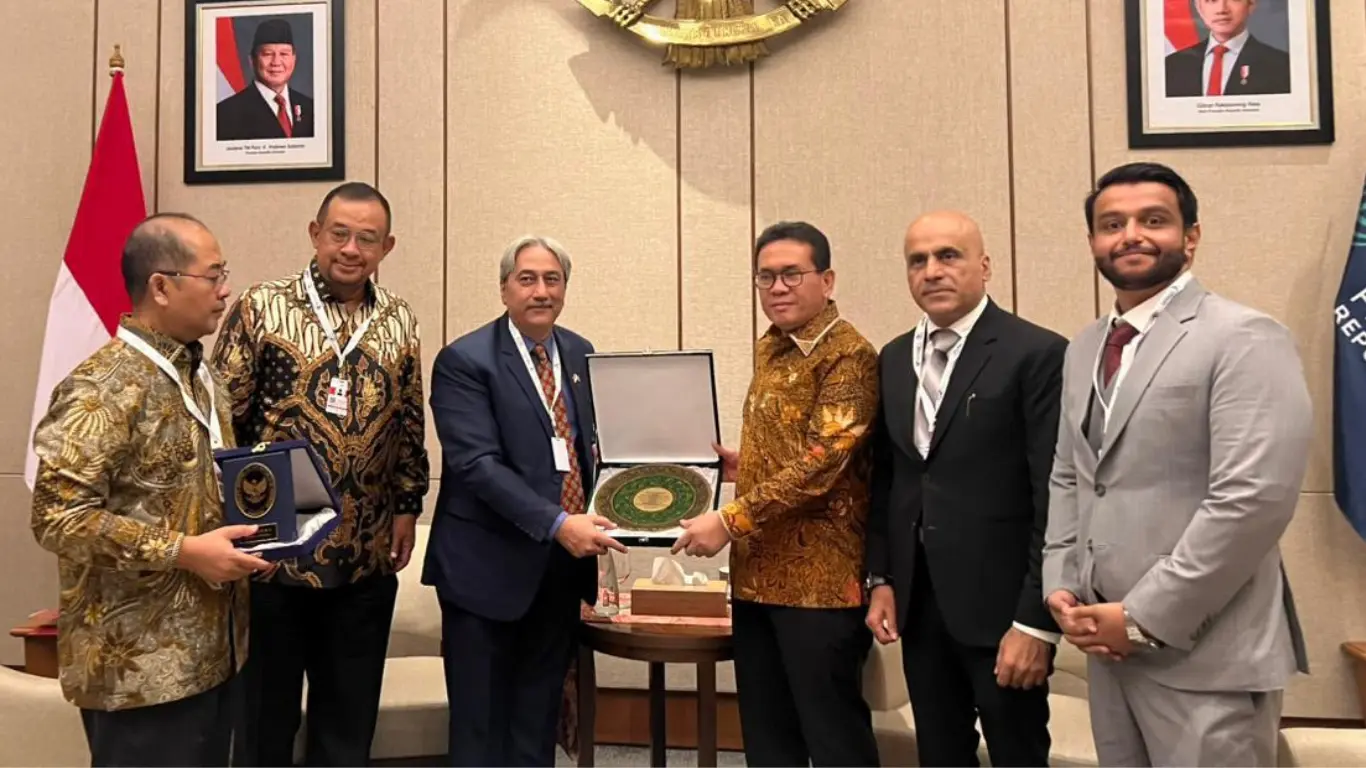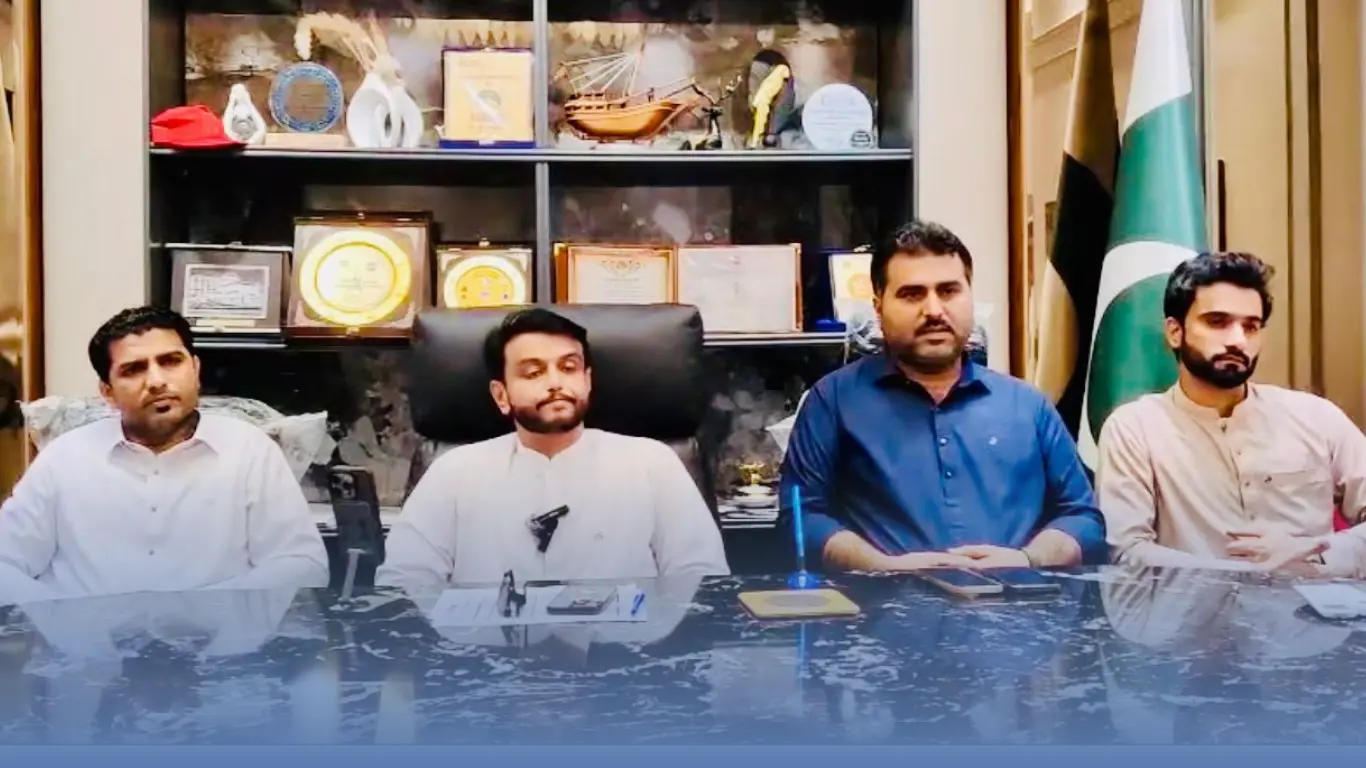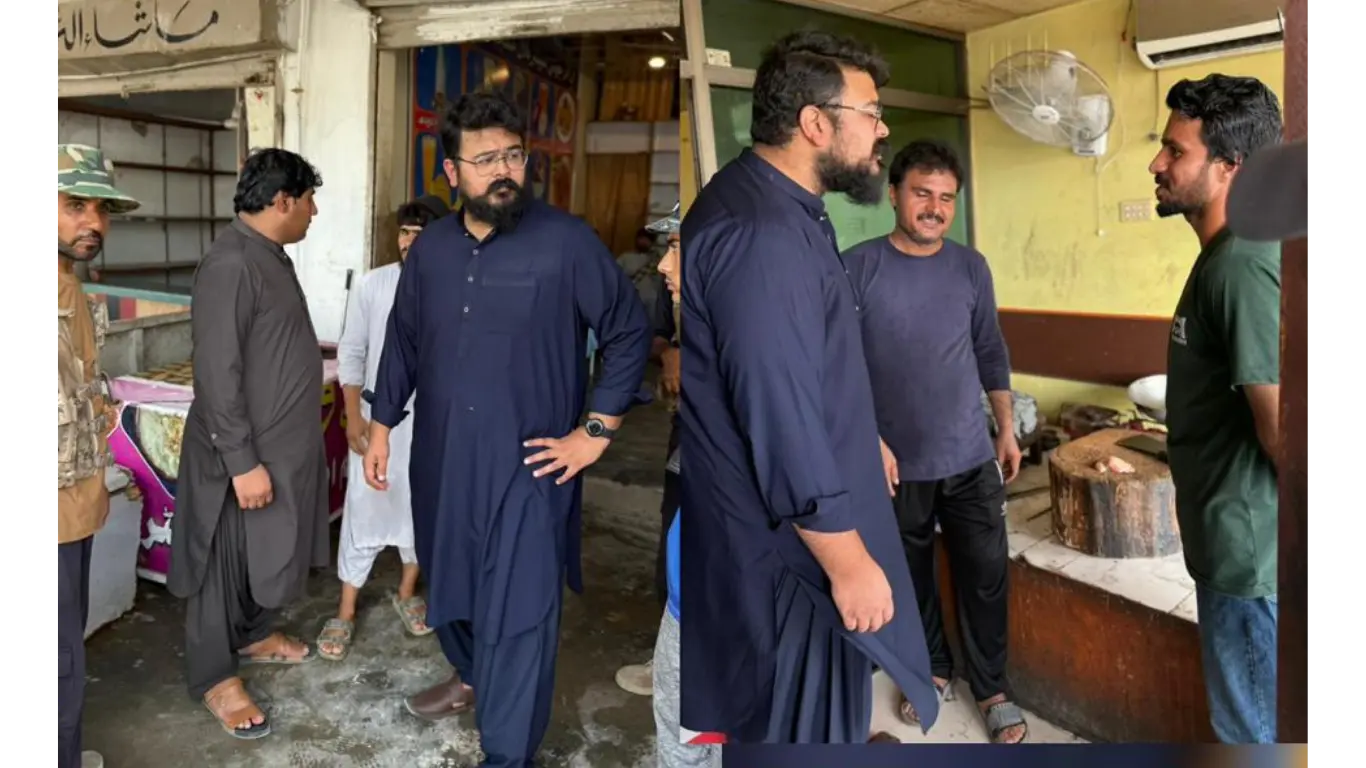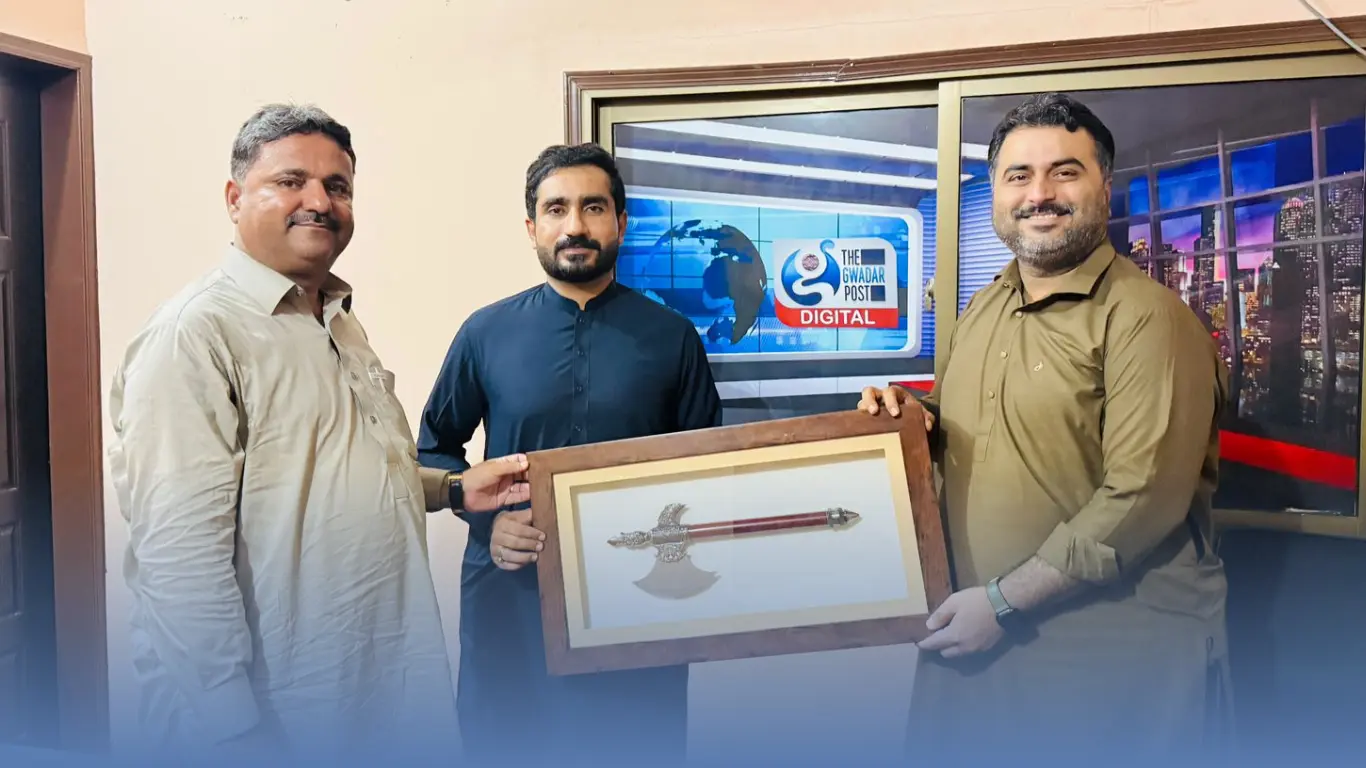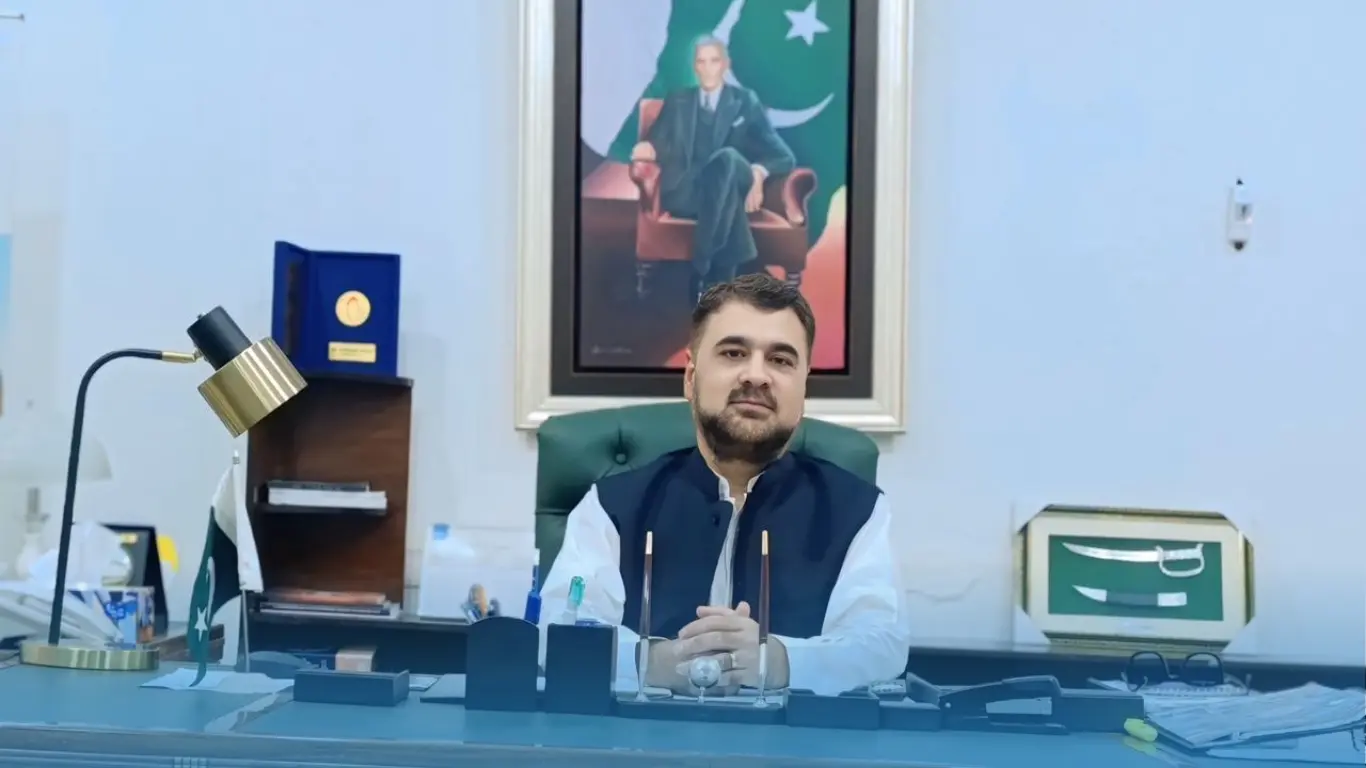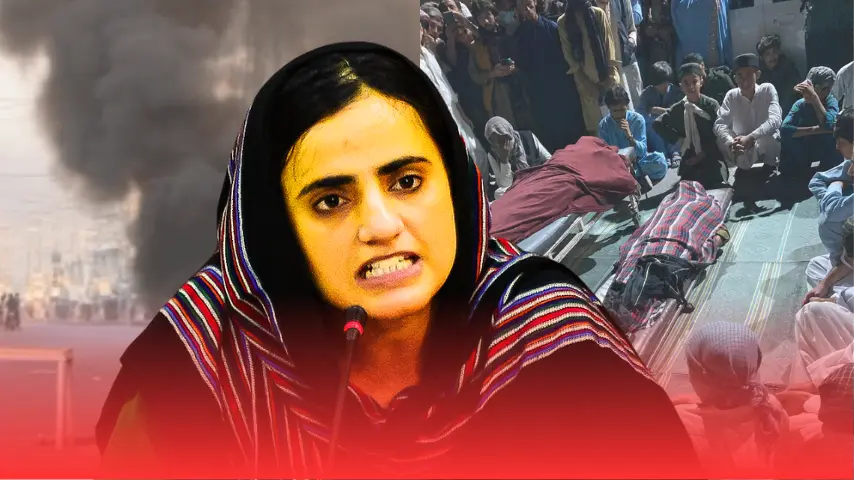
Bloodshed in Quetta: Baloch Protesters Face Brutal Crackdown as Tensions Soar
Quetta, Pakistan – The streets of Balochistan’s capital have turned into a battleground as protests against enforced disappearances and state repression were met with deadly force. The Baloch Yakjehti Committee (BYC), a prominent rights group, called for a sit-in outside the Balochistan Assembly following the forcible disappearance of several key activists, including Bebagr Baloch, his brother Dr. Hameel Baloch, and Bolan Medical College Vice Principal Dr. Ilyas Baloch. However, what began as a peaceful demonstration escalated into one of the most violent crackdowns in recent history.
Fatal Police Action: Protesters Killed, Leaders Detained
On March 21, as demonstrators gathered, Quetta police launched a brutal crackdown. Officers fired tear gas, water cannons, and batons at unarmed civilians before resorting to live gunfire, according to BYC. The death toll includes a 12-year-old child, Nematullah, along with 22-year-old Habibullah and another protester, Imdad, all of whom were allegedly shot by security forces. Dozens more were injured, with two in critical condition in the ICU.
The violence did not stop there. In the early hours of March 22, security forces stormed the protest camp at Sariab Road, where demonstrators were holding a vigil with the bodies of those killed. Reports indicate that police forcibly abducted BYC leader Dr. Mahrang Baloch and several other women activists, subjecting them to physical violence, while authorities seized the bodies of the slain protesters.
BYC has condemned this “unprecedented state terrorism,” alleging that Pakistan’s government is engaging in systematic genocide against the Baloch people. The committee’s press statement accused the authorities of attempting to erase evidence by confiscating the bodies of those killed.
Government Justification vs. Public Outrage
In response to the mounting criticism, Balochistan Chief Minister Mir Sarfaraz Ahmed Bugti defended the police action, stating that the government would not allow the glorification of terrorists’ bodies. He also justified the state’s refusal to return the bodies, alleging that if the militants involved in the Jafar Express attack had not been disposed of, their names would have been added to the list of missing persons—a sensitive issue in Balochistan.
However, BYC and human rights activists reject the government’s claims, arguing that innocent civilians, including children, were among the casualties. Protesters accuse the state of spreading false narratives to justify extrajudicial killings and violent repression.
Nationwide Condemnation and Calls for Justice
Prominent voices across Pakistan have denounced the March 21 violence. Former Supreme Court Bar Association President Amanullah Kanrani described it as one of the darkest days in Balochistan’s history, likening it to the August 26, 2006, tragedy, a turning point in the region’s long struggle against state repression.
Senator Mir Kabir warned that the excessive use of force could result in a humanitarian crisis, calling on authorities to engage in meaningful dialogue instead of escalating violence. Meanwhile, internet and mobile services remain suspended in Quetta, further restricting communication and intensifying the sense of isolation among the protesters.
Protests Expand: Shutdowns and Roadblocks Across Balochistan
The Baloch Yakjehti Committee’s call for a province-wide shutdown has been met with overwhelming support. Businesses have remained closed in Khuzdar, Surab, Kalat, Mastung, Hub, Nokkundi, Nushki, Dalbandin, Wadh, Nal, and Makran regions. Protesters have also blocked the Quetta-Karachi highway at Bhawani, disrupting regional transport.
BYC leaders have vowed to escalate their resistance if their demands are not met, warning that they will shut down the entire Balochistan region indefinitely.
BYC Issues Ultimatum, Demands Accountability
In an emotional press conference, BYC leaders condemned the state’s brutality and appealed to the international community to intervene. They have put forth four key demands:
- The immediate and unconditional release of Dr. Mah Rang Baloch, Bebagr Baloch, and all detained activists.
- The filing of an official FIR against Chief Minister Sarfaraz Bugti and IG Police for the indiscriminate firing that led to deaths and injuries.
- The dismissal of the Commissioner and Deputy Commissioner of Quetta for their role in the crackdown.
- An end to retaliatory actions against Baloch political activists and the withdrawal of all false charges against them.
BYC has made it clear that their sit-in at Sariab Road will continue until these demands are met.
A Crisis in the Making
The events of March 21 and 22 have pushed Balochistan into a new wave of unrest, deepening the long-standing tensions between the Baloch people and the state. The region has long been plagued by enforced disappearances, extrajudicial killings, and military operations, fueling resentment and resistance.
As international human rights groups and political observers take note of the unfolding crisis, many are now questioning how far the state is willing to go in suppressing dissent. Whether the government chooses dialogue or continues with violent crackdowns remains to be seen, but one thing is clear—Balochistan is at a breaking point, and the world is watching.
Published in The Gwadar Post, 22 March 2025.

